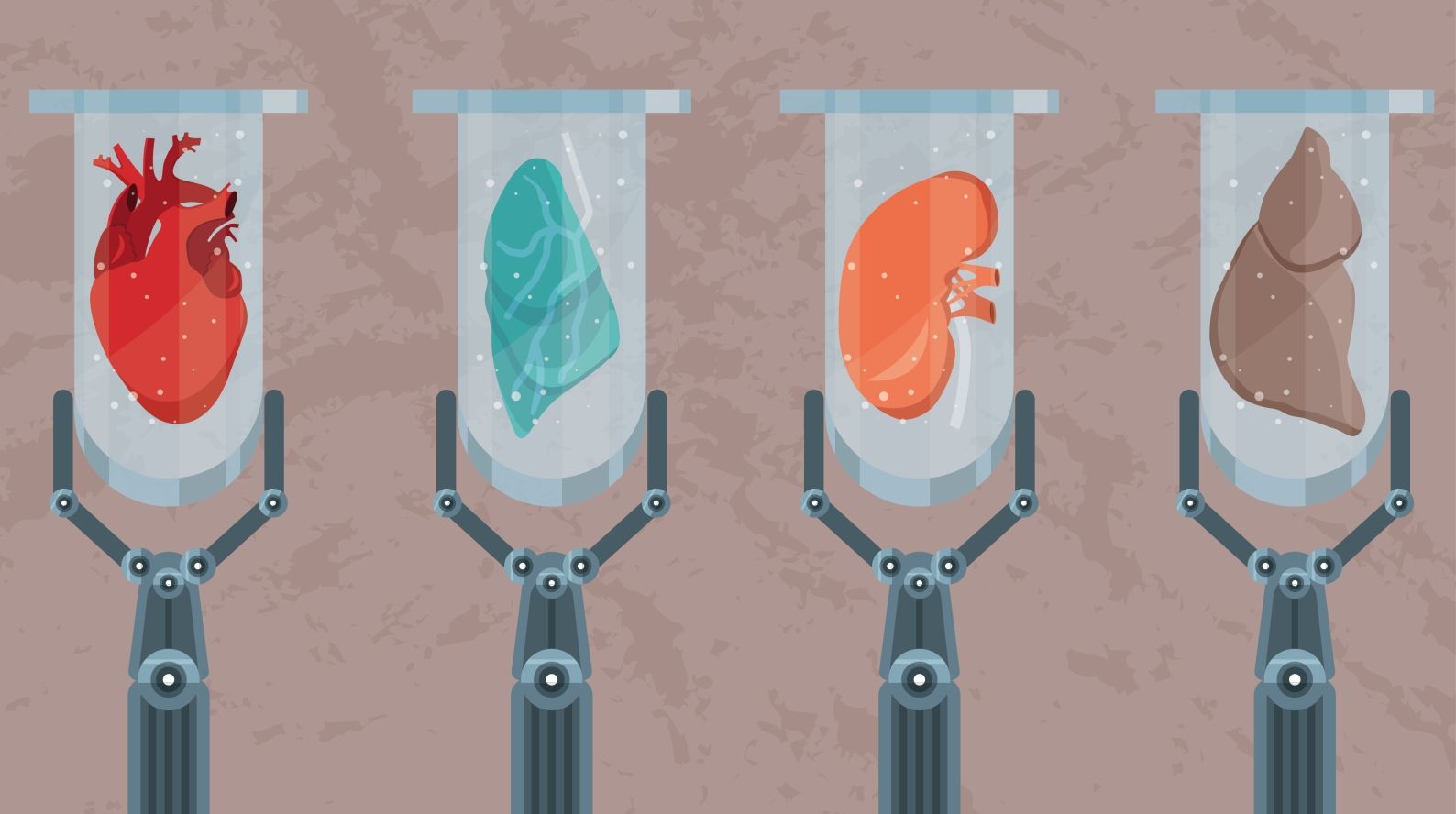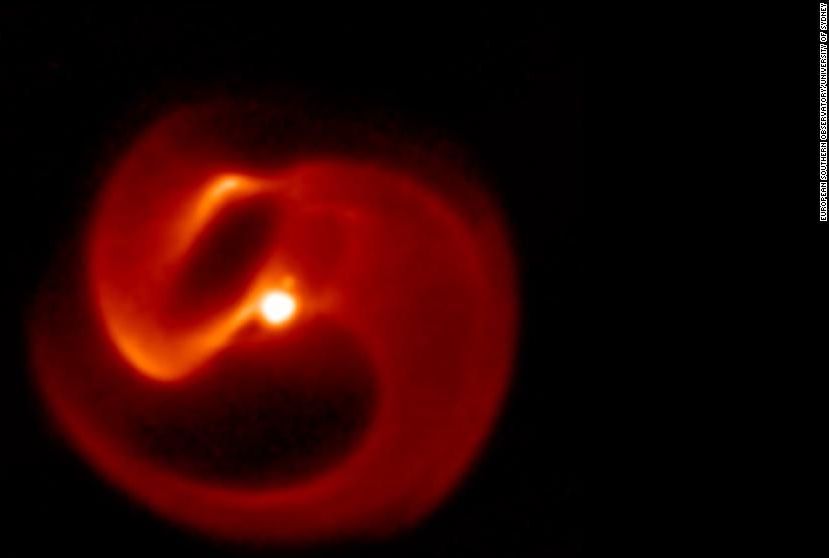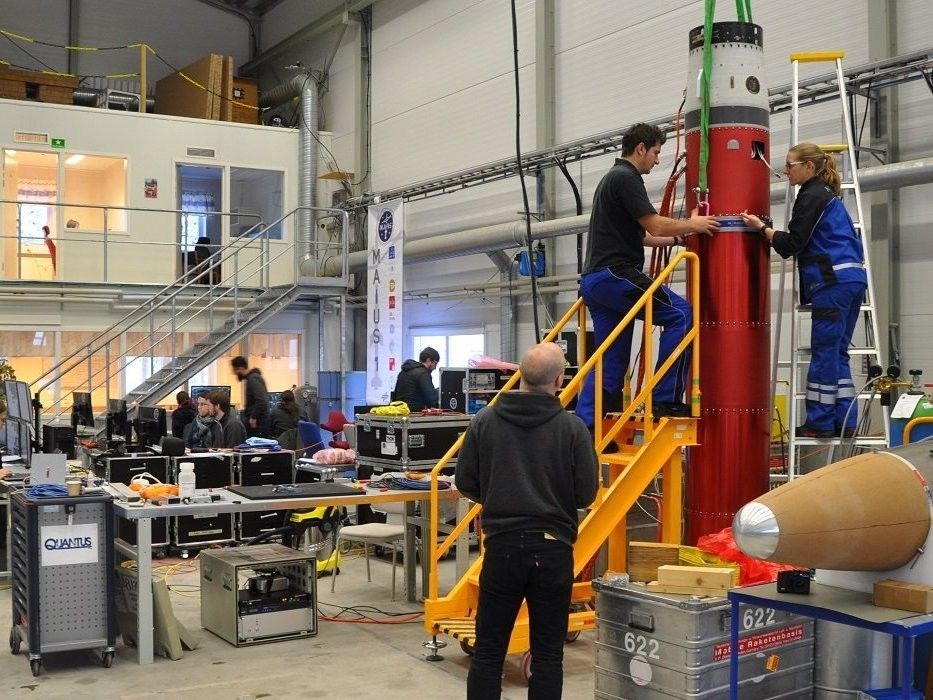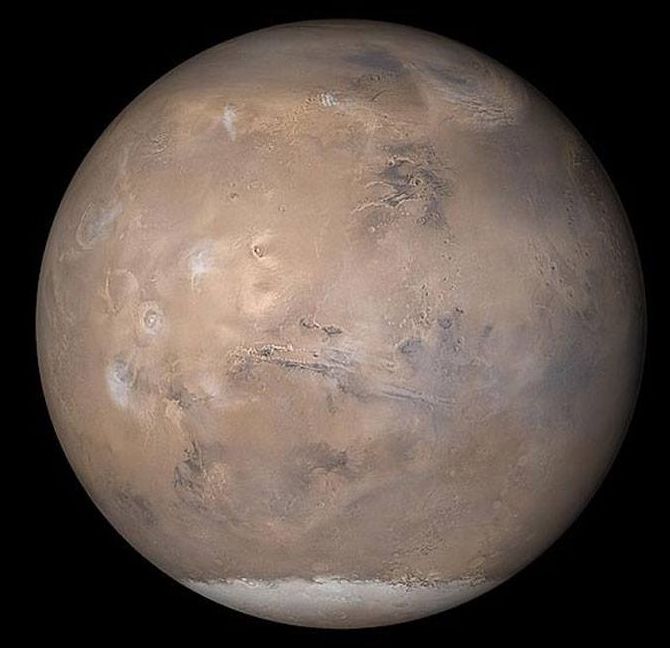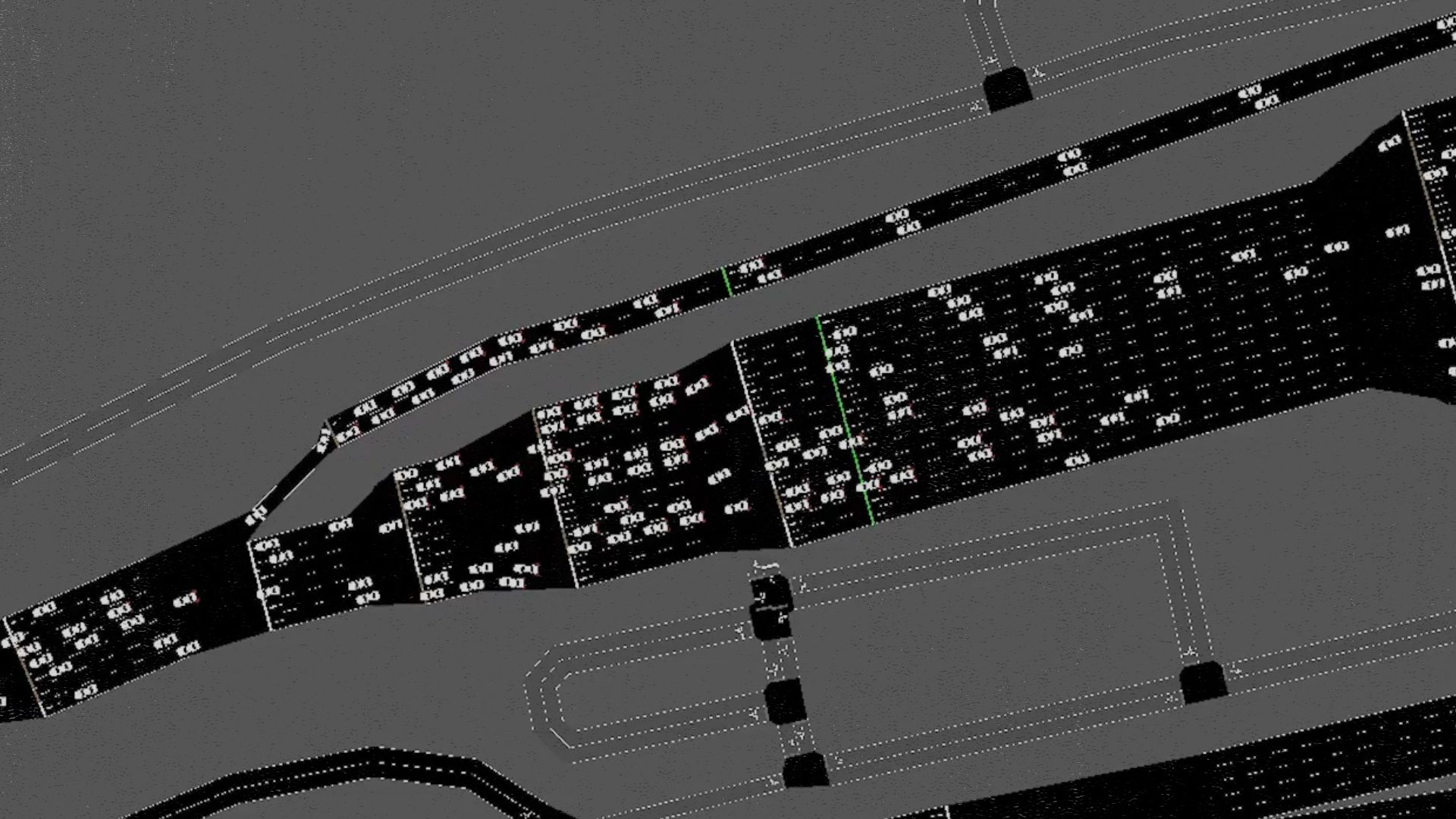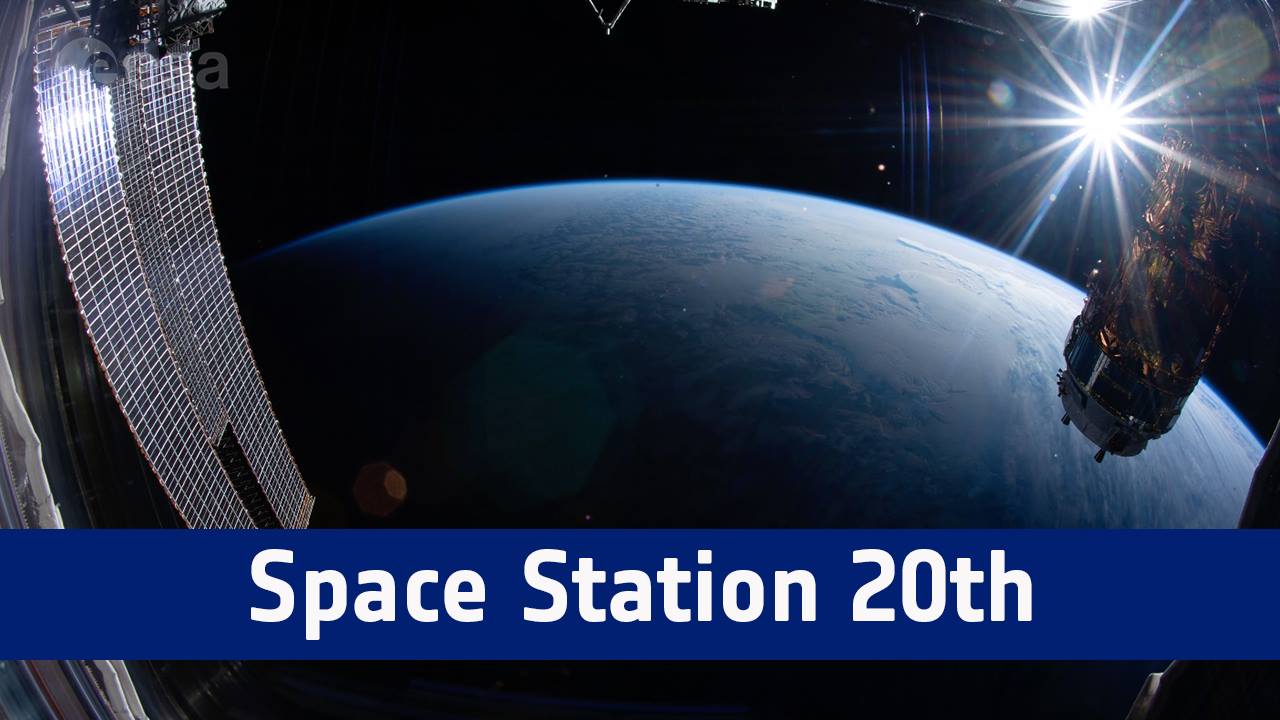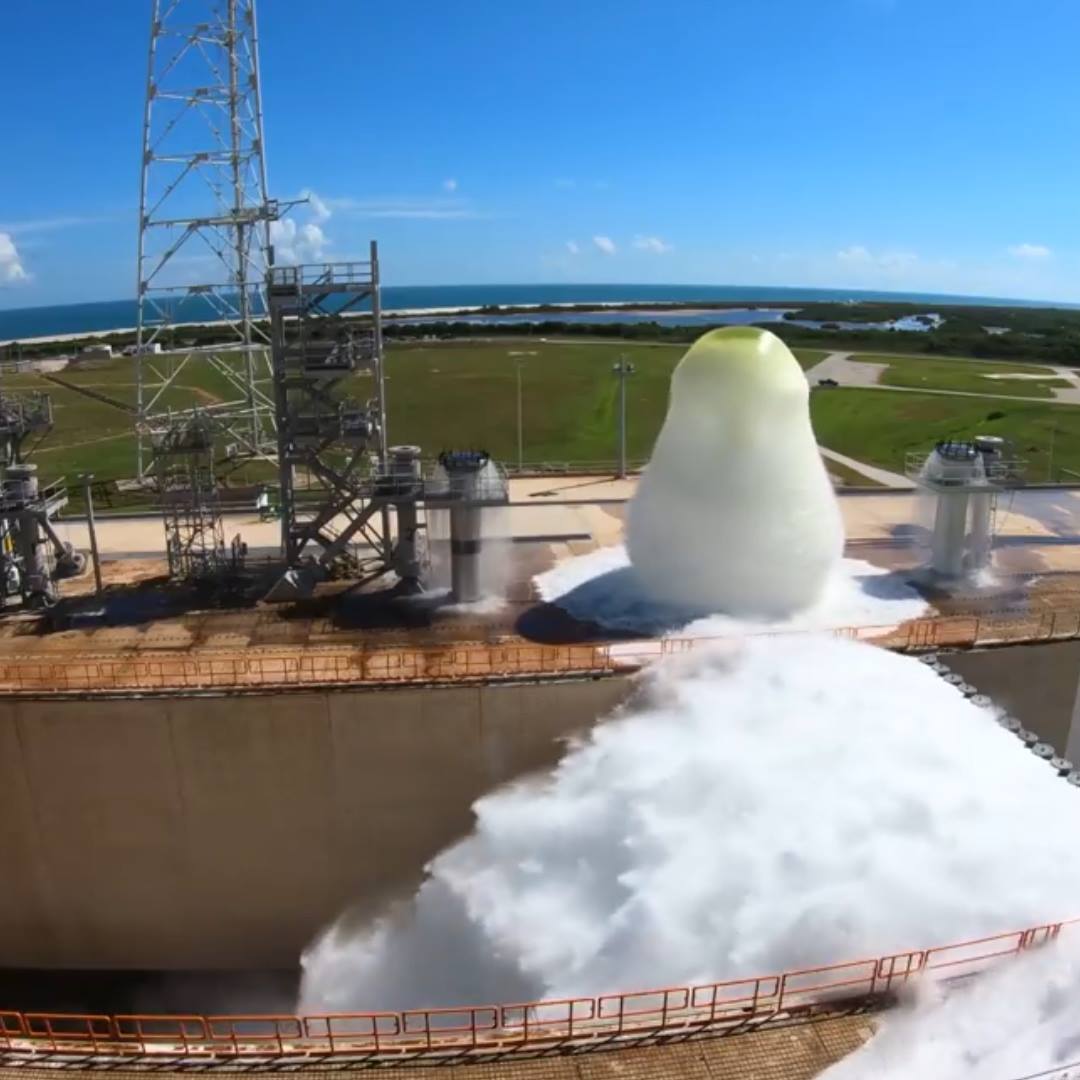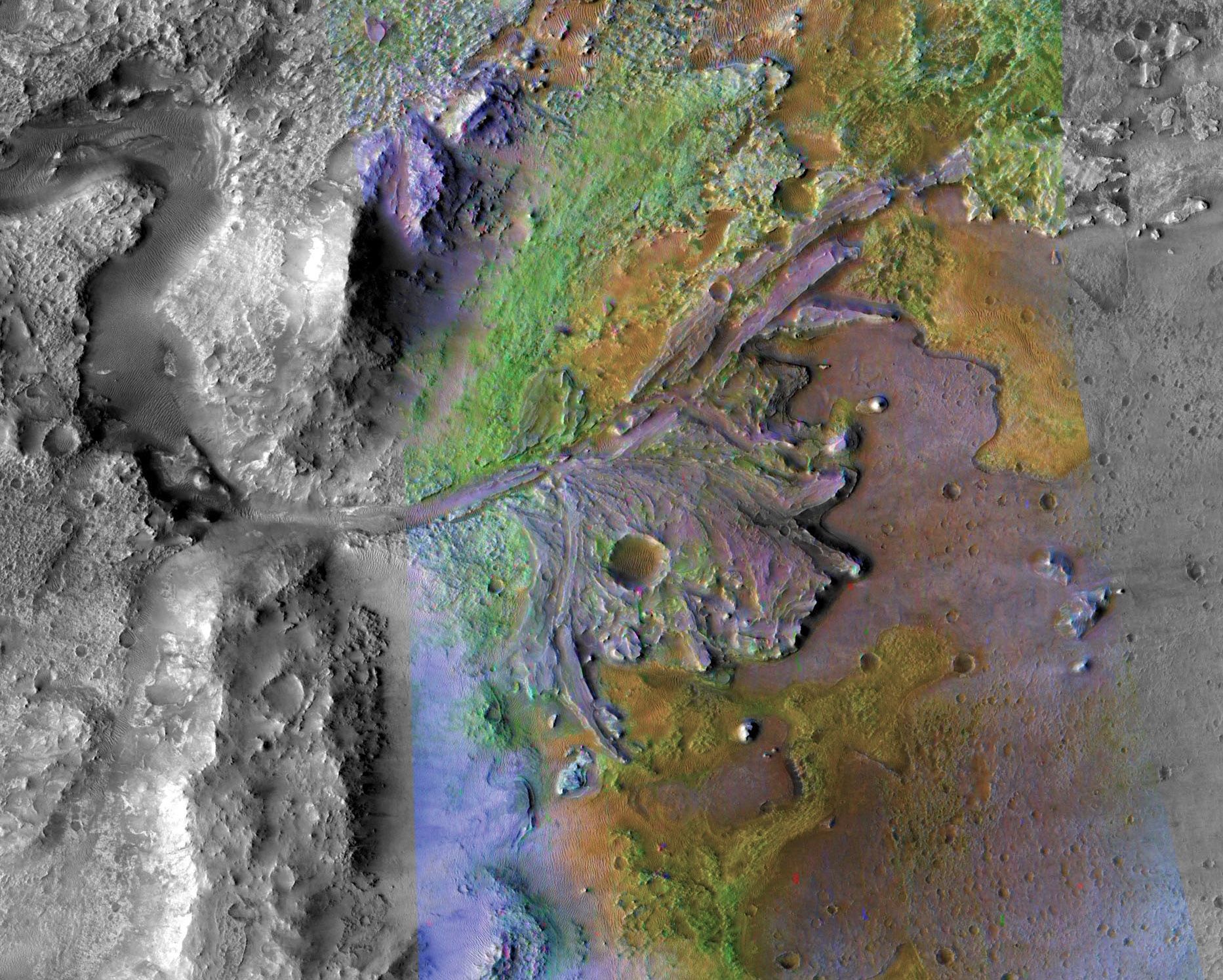
JUST IN: Jezero Crater will be the landing site of NASA’s next rover being sent to Mars in 2020. This area, with a history of containing water, may have ancient organic molecules & other potential signs of microbial life from billions of years ago.
NASA has chosen Jezero Crater as the landing site for its upcoming Mars 2020 rover mission after a five year search, during which every available detail of more than 60 candidate locations on the Red Planet was scrutinized and debated by the mission team and the planetary science community.
The rover mission is scheduled to launch in July 2020 as NASA’s next step in exploration of the Red Planet. It will not only seek signs of ancient habitable conditions – and past microbial life — but the rover also will collect rock and soil samples and store them in a cache on the planet’s surface. NASA and ESA (European Space Agency) are studying future mission concepts to retrieve the samples and return them to Earth, so this landing site sets the stage for the next decade of Mars exploration.
Continue reading “NASA Announces Landing Site for Mars 2020 Rover” »
